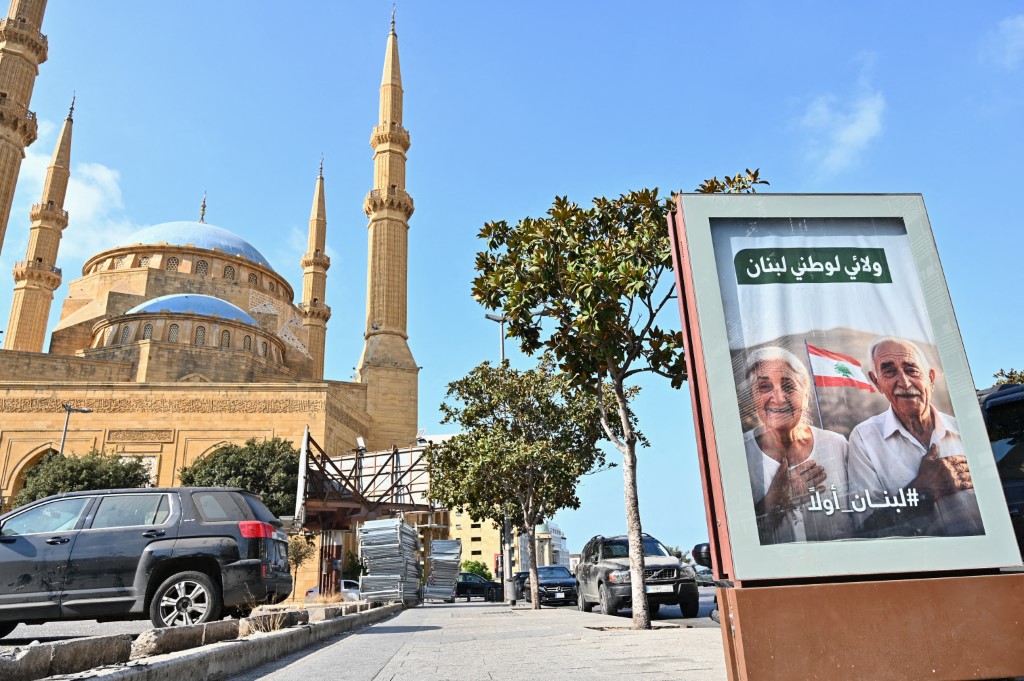Beirut, in the hearts of Lebanese and the peoples of the region, and in the calculations of major powers, is more than just a small capital on the Mediterranean. Its equations are complex, and its role is being reshaped. The question persists: will Beirut become a gateway to the long-awaited peace, or the stage for the collapse of what remains of the Middle East peace dream?
That is why recent remarks by U.S. Senator Lindsey Graham carried an added weight. Known for his blunt and direct rhetoric, Graham warned this week that Middle East stability may hinge on Lebanon’s stability—and that ignoring Lebanon’s crises will only lead to a greater explosion threatening everyone.
At their core, Graham’s words reflect a late—perhaps renewed—American recognition that Lebanon is not a marginal footnote in the Arab–Israeli conflict or the Iranian sphere of influence. Its stability is a prerequisite for avoiding broader regional collapse.
Yet this recognition constantly teeters between two poles: the threat of war looming again along Lebanon’s southern border, and a dialogue at home that still lacks the political will to translate words into action. Caught between them, Beirut stands on the edge of an abyss, waiting to see whether logic or weapons will prevail.
Nearly two years ago, on October 7, 2023, Hamas reignited Hezbollah’s instincts with its surprise assault on Israeli towns near Gaza. The following day, “Hezbollah” declared its entry into what it called a “support war.” Soon after, Yemen’s Houthis and Iraq’s Popular Mobilization Forces joined under the slogan of “the unity of the battlefields.” But two years later, as with past experiences dating back to 1948, this grand notion proved little more than a fleeting illusion.
Trump’s Plan: End of a War, or Start of Something New?
It is against this backdrop that U.S. President Donald Trump unveiled his comprehensive plan to end the war in Gaza. He gave Hamas just four days to respond, warning that any rejection or delay would mean an “unhappy ending.”
At its heart, the plan revolves around three central questions:
- How can lives be saved now?
- Who will govern Gaza tomorrow?
- And how can Hamas be prevented from returning to power?
From an Israeli perspective, as the Jerusalem Post noted, the plan is not perfect but workable: secure the return of hostages, end the war, and prevent Hamas from ruling again. Most importantly, it shields Israel from open-ended attrition and provides broad international cover for Gaza’s reconstruction.
Yet even Israel understands that success requires more than Hamas’s acceptance or rejection. It depends on neutralizing Iran’s tools of influence across the region.
Overlaying this is the stark duality: the dream of a Lebanon prosperous, reconciled with itself and its neighbors, versus the reality of a country trapped in internal divisions and regional tug-of-war.
Hezbollah’s arsenal epitomizes this reality. It ties Lebanon’s fate directly to the confrontation between Washington, Tehran, and Tel Aviv. Any war on the southern border risks escalating into a full-scale regional conflict. Still, the dream persists in the minds of Lebanese who refuse to accept that their homeland has become hostage to proxy battles.
The prospect of a “grand bargain” in the region remains alive, especially amid renewed U.S.-Arab diplomatic movement and the momentum generated by Donald Trump’s return to the White House earlier this year. Yet the central question endures: do the Americans and regional players have the political will to steer Lebanon toward lasting stability—or will Beirut remain a mere arena for exchanged messages?
Graham’s statement may signal a fresh awareness in Washington, or it may simply be a pause for breath amid burning crises in Ukraine, Taiwan, and the Gulf. What is certain is that Beirut—despite its scars—still carries the potential to serve either as a starting point or an end point.
Peace in the Middle East begins in Beirut… or ends there. Between war and dialogue, between dream and reality, this weary city is left—along with others—to decide which path it will take: the beginning of peace, or the end of hope.
Please post your comments on:
[email protected]
 Politics
Politics







